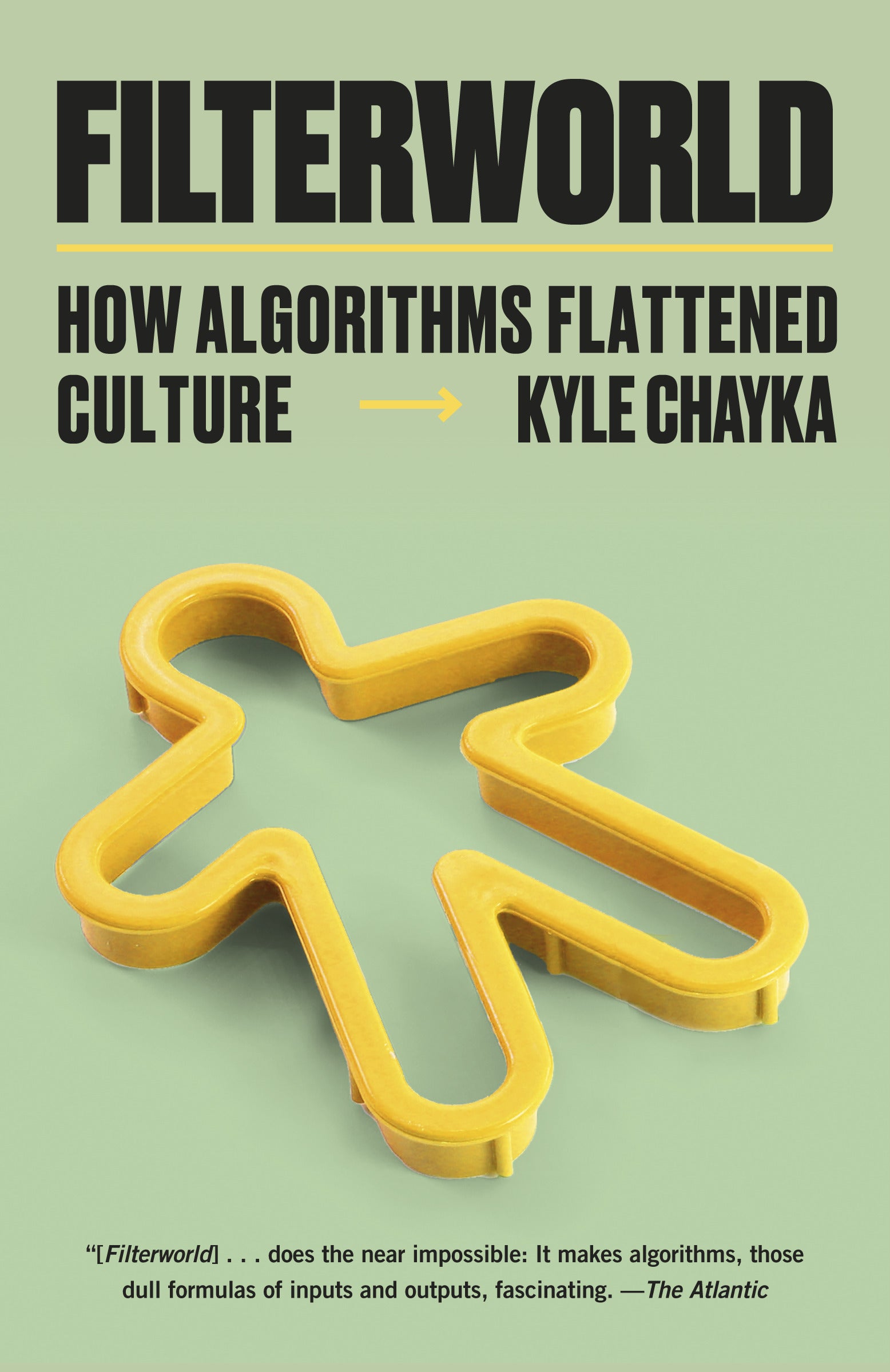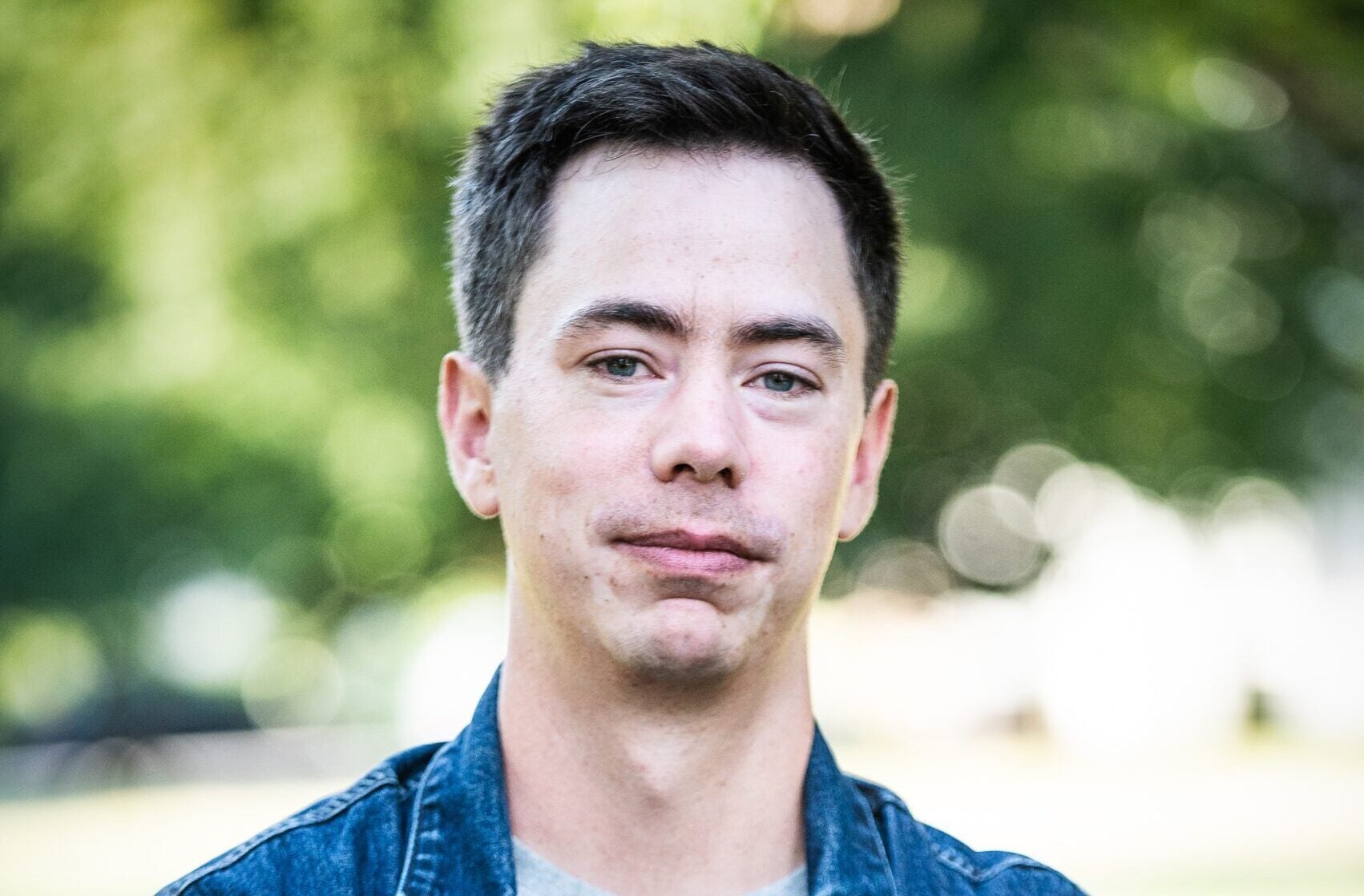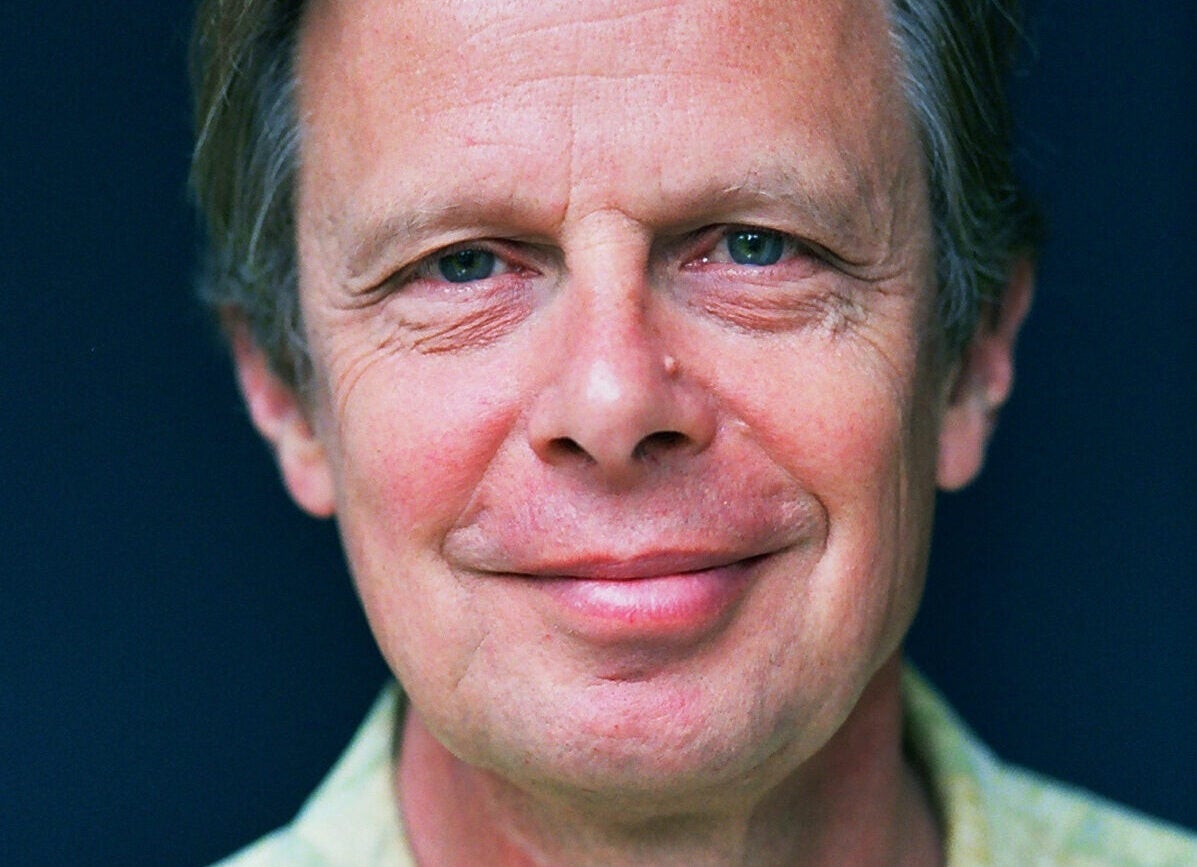If you read The New Yorker, you’ve probably come across the work of Kyle Chayka. He’s a staff writer there. Chayka writes a column about digital technology and the impact that the internet and social media have on culture.
He’s also the author of “Filterworld: How Algorithms Flattened Culture.”
It’s a fascinating book and very well written. Chayka explains how algorithms create generic coffee shops, shape Icelandic tourism and curate the music we listen to. And this can result in algorithmic anxiety — it’s enough to make your head spin.
News with a little more humanity
WPR’s “Wisconsin Today” newsletter keeps you connected to the state you love without feeling overwhelmed. No paywall. No agenda. No corporate filter.
Chayka said he coined the phrase “Filterworld” to try to make sense of it all.
The following interview has been edited for clarity and brevity.
Kyle Chayka: For the title of the book, I wanted to coin a phrase and come up with one word that could refer to this immersive environment where we’re just bombarded by recommendations and feeds all day long from our phones to our social media apps to our Spotify streaming services. So, I tried to capture all of that in an easily referable term.
Doug Gordon: And you did do that. As you mention in your book, Filterworld has also changed politics, education and interpersonal relationships, among many other aspects of society. But your focus is on culture. And that’s what makes it so interesting.
KC: I wanted to focus on culture partly because I thought that’s where most people encountered the most algorithmic recommendations. Sure, algorithms are at play in healthcare and policing and voting and all sorts of really important things.
But day to day where we’re seeing them is on YouTube, on Facebook, on Spotify. I think that’s where it’s having the most impact.
DG: I was surprised to learn that algorithms go such a long way back. Can you give us kind of a SparkNotes condensed history of algorithms?
KC: We use this word algorithm a lot, and it’s become a kind of catch-all term. But in a literal sense, algorithm means any equation or formula.
So the history of that goes back thousands and thousands of years to, I think, ancient Babylon, where the first recorded mathematical equations were found.
They would use algorithms for finding the volume of dirt that was dug out of a ditch or figuring out how to share crops between many people. And so that was just algorithm as a formula to find our results.
The point of an algorithm is that you can use it to get a solution repeatedly in the same format each time. So it traveled along through the years as this mathematical term, and eventually we get to today where algorithm is kind of short for algorithmic recommendation.

DG: You became so overwhelmed by feeds and social media that you decided to get rid of everything to free your mind. What impact did this algorithmic cleanse have on you?
KC: It was very necessary. It was not just because of the book. And I do this professionally. I’m a journalist who writes about the internet, and thus I have to be really online to do my job.
So, I had become just very overwhelmed by this bombardment of information and content. And so when I logged onto everything and avoided recommendations for, I think about three months, I really found myself consuming culture differently. It was a much slower process.
I was much more intentional about what I read and listened to and looked at. I took more effort on my own to seek things out, like to go to a museum exhibition, to visit a gallery or to go to a concert. Since I didn’t have that infinite feed of recommendations, I just had to think more about what I wanted to consume, what I was enjoying, which artists I appreciated.
And I think that’s all pretty healthy for culture as a whole. So I think that cleanse pushed me more in that direction and kind of reset my relationship with these feeds.





